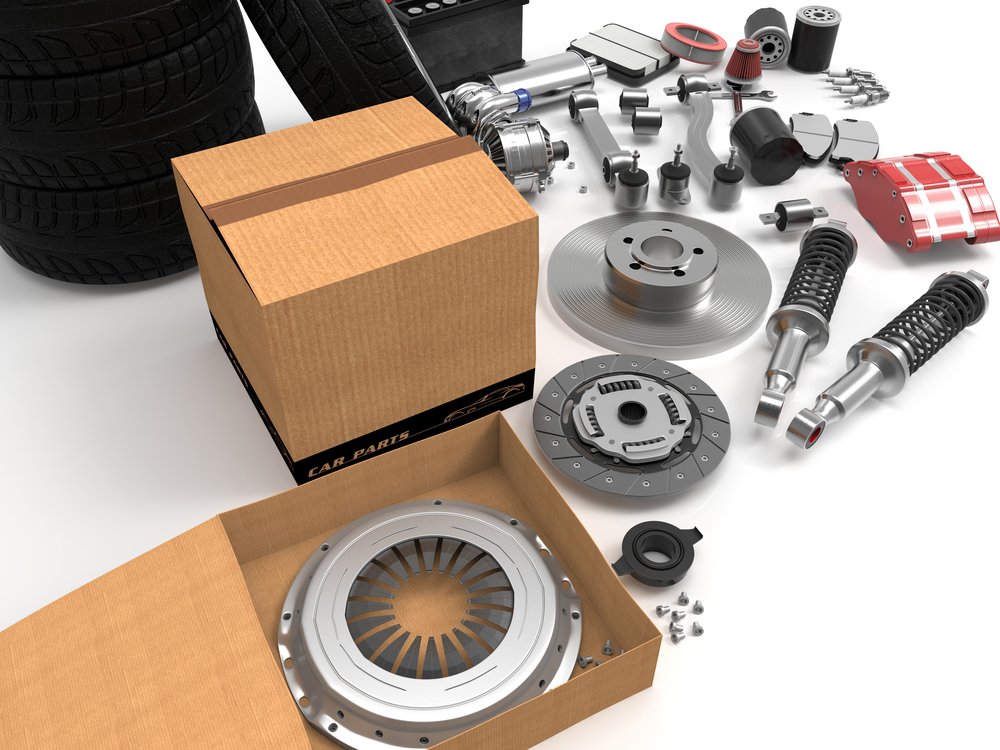Toyota Motor Corp. and Suzuki Motor Corp. have agreed to explore collaboration in green car, safety and information technology fields, citing unprecedented changes in the industry that are cranking up product development costs and spurring consolidation.
The collaboration could possibly try to leverage Suzuki’s strengths in low-cost compact cars and Toyota’s strengths in advanced R&D and large vehicles.
Talks between the world’s biggest automaker and Japan’s No. 4 player is premised on the understanding both companies will continue to compete as rivals and that both companies are free to team with other companies, the companies said in a joint statement.
“The environment surrounding the automotive industry has been changing drastically and rapidly in an unprecedented fashion,” the companies said.
The carmakers “just started” exploring opportunities, they said. And neither side was shy about admitting precious few details had even been discussed, let alone decided.
At a Tokyo press conference, Toyota CEO Akio Toyoda sidestepped questions of a capital tie-up between the companies, saying discussions had only begun. “I have no ideas right now. Everything starts from here,” he said.
Suzuki Chairman Osamu Suzuki said his company was still committed to its independence. “We are independent companies and we are going to run these companies independently. That remains unchanged,” Suzuki said. But times have also changed, he added. “There will be uncertainty in the future if we continue to just refine our traditional automotive technologies.”
The collaboration comes as automakers race to combine resources to foot the increasing costs of developing environmentally friendly drivetrains, advanced safety technologies and other new systems, such as those being rolled out to realize autonomously driving vehicles.
“There is a limit to the R&D which each company is conducting individually,” Toyoda said. “We have to be mindful of management resources.”
It may also be seen as a counterbalance to industry consolidation on the global stage and within Japan. By the end of the year, Nissan Motor Co. is expected to take a controlling stake in Japanese rival Mitsubishi Motors Corp. That partnership also aims to combine those companies’ strengths in small cars and emerging markets, while sharing costs for advanced technologies such as electrified drivetrains for next-generation vehicles.
Suzuki gravitates toward Toyota a year after it broke off its ill-fated alliance with Volkswagen AG, amid disputes over sharing technology and corporate control. Toyota, which already has alliances with Mazda Motor Corp. and Subaru maker Fuji Heavy Industries, has a history as more light-handed partner than Volkswagen that may mesh better with Suzuki’s management.
But the two carmakers also compete head-on in Japan’s fiercely competitive minicar market. Toyota took full control of its longtime minicar subsidiary Daihatsu this summer.
In Japan, Daihatsu and Suzuki are rivals, but their overseas operations dovetail better. Suzuki is strong in India, a market were Toyota trails, while Daihatsu is big in southeast Asia.
Toyoda said both companies will consult with the Japan Fair Trade Commission as they pursue collaboration, to avoid running afoul of anti-monopoly regulations.
Akio Toyoda said teamwork was necessary as the industry faces a changing environment. “We need to have the capability to respond to changes in order to survive,” he said. “This is exactly the challenge that Toyota has overcome now.”













Leave a Reply